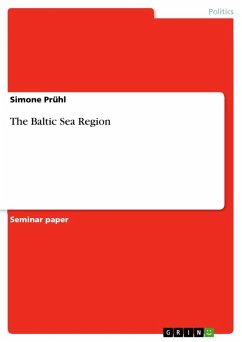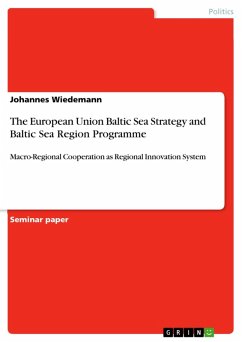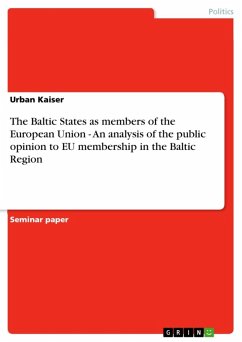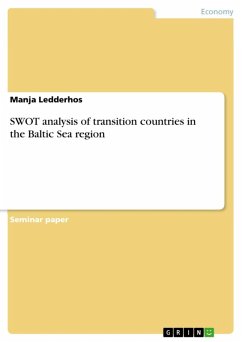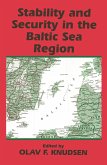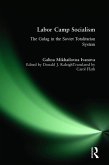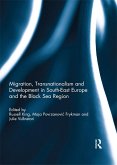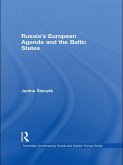Seminar paper from the year 2003 in the subject Politics - Region: Eastern Europe, grade: A-, Vilnius University (Department of Political Science), course: Baltic Sea Region - Cooperation, Conflict and Regionbuilding, language: English, abstract: In the contemporary debate about regions, the Baltic Sea Region is one of the most frequently used topics. The objective of this paper is to prove that, regardless of formal speeches and co-operation in many fields, the BSR is not a natural region, but only an artificial construct according to the interests of some politicians. To work this out, I am introducing important concepts for the theory of regionalism (inside-out, outside-in and region-building approach) and apply them on the case of the Baltic Sea Region. One of the most incisive events of International Politics was the end of the Cold War in 1989. Especially in terms of the development of regions, it was a crucial event giving "(...) new actuality to the study of regions and regionalism" (Neumann 1992, p. 3). With the fall of the Iron Curtain, regional integration received fresh impulses and is now one of the most dynamic and current processes in contemporary Europe. All over the continent regions emerge and are the object of discussion. An area of special interest in studies of regionalism is the northern part of Europe, where momentarily - for example with the Baltic Sea Region - an interesting and active process of region-forming is taking place. [...]
Dieser Download kann aus rechtlichen Gründen nur mit Rechnungsadresse in A, B, BG, CY, CZ, D, DK, EW, E, FIN, F, GR, HR, H, IRL, I, LT, L, LR, M, NL, PL, P, R, S, SLO, SK ausgeliefert werden.

